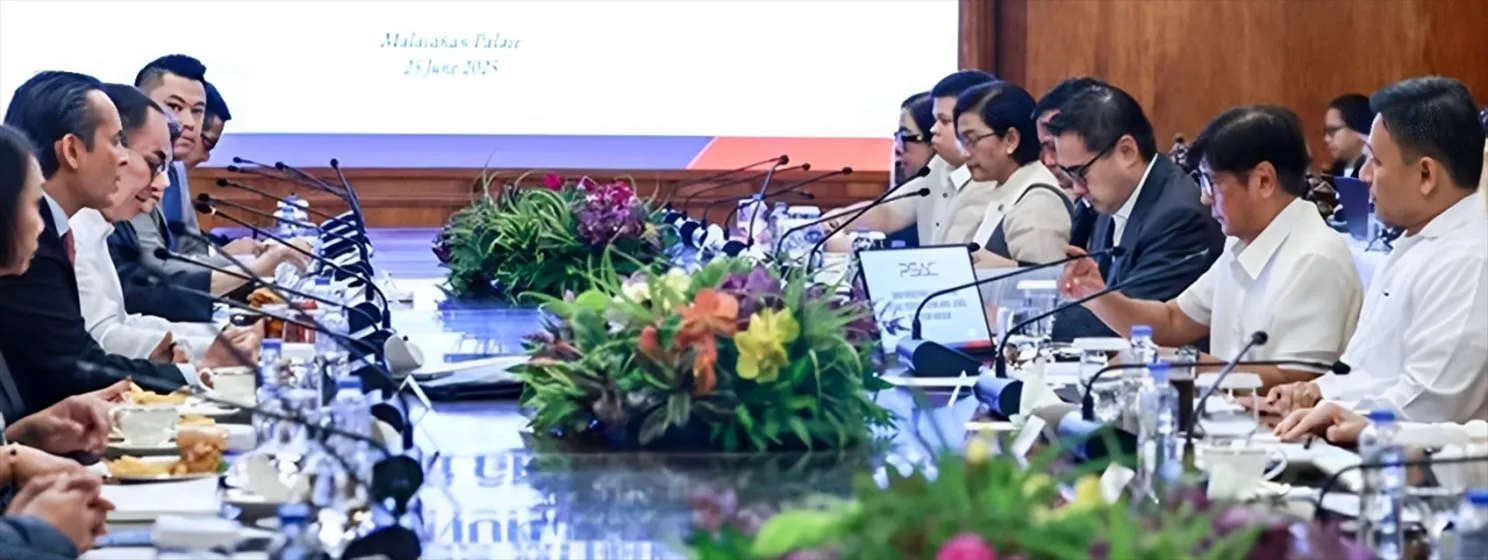|
Getting your Trinity Audio player ready...
|
The United Kingdom government’s response to a House of Lords report on artificial intelligence (AI) was deemed not strong enough on copyright and competition issues, resulting in calls for closer intervention.
In February, the House of Lords, the second chamber of U.K. Parliament, produced a report on generative AI and large language models, highlighting the government’s narrowing focus on high‑stakes AI safety at the expense of competition and copyright issues.
In response to the report, the Secretary of State for Science, Innovation and Technology, Michelle Donelan, clarified that the government’s AI oversight is, and would remain, in line with most of the parliamentary recommendations.
“This technology has huge potential to benefit the UK economy and address societal challenges,” said Donelan. “To enjoy these benefits, we recognise that we also need to address the risks that this technology poses. And for this reason we have also placed a strong focus on AI safety.”
However, on May 2, Baroness Stowell of Beeston, chair of the Communications and Digital Select Committee in the House of Lords, asked the U.K. government to “go beyond its current position” on how it handles copyright infringement and market competition in AI.
“On copyright, the Government has set up and subsequently disbanded a failed series of roundtables led by the Intellectual Property Office. The commitment to ministerial engagement is helpful but the next steps have been left unclear,” said Stowell.
She went on to lament the government’s lack of public commitment to “strengthening governance measures to guard against regulatory capture”—the idea that regulatory agencies may come to be dominated by the interests they regulate and not by the public interest.
Stowell also recommended policy discussions around oversight of market competition:
“We reiterate our suggestion that market competition is made an explicit policy objective: it should be embedded within the design and review process for new policies and standards, and subject to structured internal and external critique.”
Despite voicing concerns, Baroness Stowell suggested that the Government’s response to the February report indicated common ground and that the House of Lords would “continue to keep the Government’s work under close review and look forward to receiving more detailed updates in due course.”
Generative AI a hot topic in the UK
This latest House of Lords letter comes a few weeks after the chief of the Competition and Market Authority (CMA), the U.K.’s principal competition regulator, outlined growing concerns regarding ‘AI foundation models’ (also known as generative AI).
Sarah Cardell, CEO of the CMA, said foundation models represented a potential “paradigm shift” for society and raised concerns about risks in the AI sector to fair, effective, and open competition due to a concentration of power among six major technology companies that “could lead to winner takes all dynamics.”
In response to these perceived risks, the CMA released an updated report in April proposing a set of “underlying principles to help sustain vibrant innovation and to guide the markets toward positive outcomes.”
Specifically on ongoing ready access to key inputs, ensuring sustained diversity of models and model types, enabling sufficient choice for businesses and consumers to decide how to use foundation models, fair dealing (i.e., no anti-competitive bundling, tying or self-preferencing), transparency of information about risks and limitations of models, and ensuring developer and deployer accountability.
In order for artificial intelligence (AI) to work right within the law and thrive in the face of growing challenges, it needs to integrate an enterprise blockchain system that ensures data input quality and ownership—allowing it to keep data safe while also guaranteeing the immutability of data. Check out CoinGeek’s coverage on this emerging tech to learn more why Enterprise blockchain will be the backbone of AI.
Watch: Improving logistics, finance with AI & blockchain

 07-02-2025
07-02-2025 





